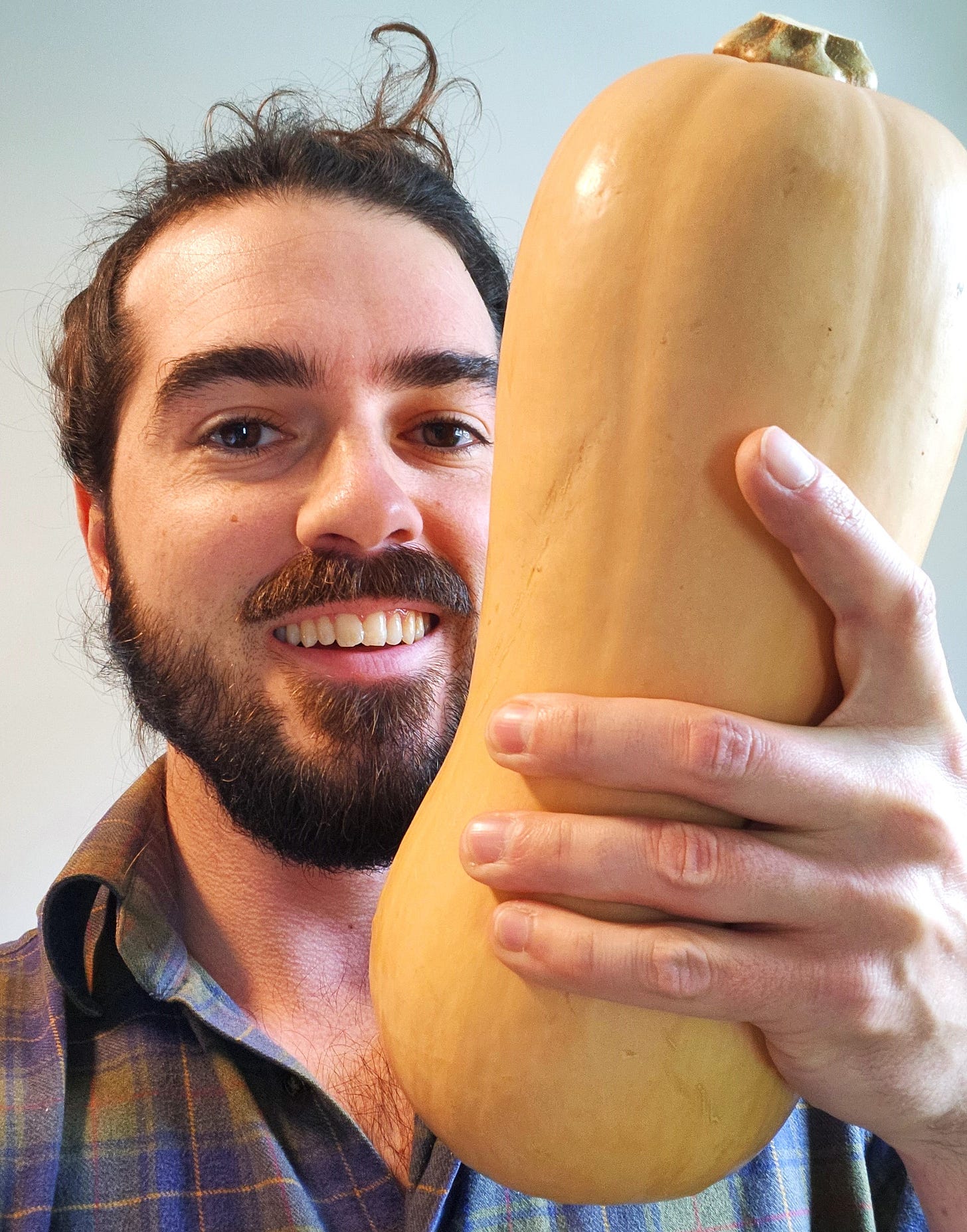Ten years as a minimalist
Is living with less a choice or a requirement?
I've been a minimalist for 10 years now. This lifestyle has changed the way I live and spend money, and influenced my values as I've grown older.
The minimalist in me aims to limit clutter, but not just my physical belongings. Mental & digital clutter too - a mostly empty calendar, no use for productivity apps, a beautifully simple website design and a lack of travel itineraries.
Less commitments, less distractions. When I write, I cut out the fluff. Simplicity.
At first, this wasn't a choice. Like most college students, I moved often. I had limited storage space, and my bank account offered as much wiggle room as a t-shirt two sizes too small.
I wanted my own place, no roommates. I found the perfect home the same year I started working full-time in 2015. A quirky studio apartment in the basement of a law firm in an old historic house. Situated on a hill, with two big windows facing southeast.
A couch, desk, bed and a band practice space - all in one room. Drums, a bicycle and a tiny kitchen with a low ceiling. It was all I needed, a dream come true for young Logan who was fascinated with the trend of tiny homes.
I lived there for six years. I later moved into a larger apartment, about twice the size, with a bedroom separate from the rest of the space. Major upgrade! But what I carried with me remained - the desire to declutter.
Living with less has become a deliberate choice now, but I wonder if a larger space and a larger paycheck would have meant more stuff. My environment has influenced my decision making. Live this way for a number of years, and it becomes a core value.
Two spoons, two bowls, two plates. You'll never have an overflowing pile of dirty dishes if you hardly own any dishes to begin with. Opting for used clothes instead of new provided more cash to spend on dinners, concert tickets and travel.
Minimalism exploded in popularity in 2016-2017 when Marie Kondo's book “The Life-Changing Magic of Tidying Up” became a bestseller. “Does it spark joy?” she asks about individual items. If not, it needs to go.
I didn't read that book until 2021. I understood why it was impactful for many people, having already gone through that purging process myself.
This was a short-lived movement. America's obsession with abundance is so deeply baked in our culture, it's going to take a lot more than a popular book from a Japanese author to spark joy in the minimalist lifestyle itself.
Abundance is here to stay in the States, and for good reason. In Europe, some older apartments and homes are so small that the inhabitants are forced to adopt a more minimalist way of living. It's a part of the culture, it's the norm. The need to rent a storage unit for your extra stuff you'll never need remains unthinkable there.
I once had neighbors in Tennessee who own a home that acts as a storage unit filled with their dead relatives' belongings. They live across the street. They decline offers to sell the home that nobody lives in, because they don't know how to part with all that stuff. The house is so jam packed with heirlooms and dusty furniture, that it bleeds out onto the front porch. I'd drive by and wave to the lampshade as if he were human.
This house might sit like this for another decade. Rather than housing a family and creating memories, it houses clutter and creates decay.
This is an example of a hoarding problem, not your typical American abundance. But the point is this - this could only happen here in the USA, and the fact that it's possible is just a byproduct of our culture, the liberty to choose.
Freedom to earn, freedom to spend, freedom to abstain, and freedom to hoard.
If you have the means and the desire to build a kingdom, build it. My kingdom might be tiny, and yours might be enormous. So long as it's true to yourself, that it's what you honestly want and need, you can't lose.
“Everything's bigger in Texas.” Well, everything's minimal in Loganville. Sometimes I write brilliant sentences, yall.
My former scarcity mindset required minimalist living to allow for opportunities for what I value most - food, experiences, low stress and free time for creation & learning.
Then I shed the scarcity thinking and adopted an abundance mindset, which means I'm not limited anymore. That mental blockade is gone. I can have whatever I want, but I have to build it. This is empowering!
Owning less is not the objective. Instead, it's to only invest in what I value most.
I've been living with this idea from Naval Ravikant for years now, “People who are living far below their means enjoy a freedom that people busy upgrading their lifestyles just can’t fathom.” This is a caution to upgrade slower than you earn.
Whether I decide to add more or not doesn't matter as much as how it's done. I question everything I bring into my life - the things, people, work, entertainment and experiences. I don't like clutter, and I love the open space that's left when I remove it.
Rather than requiring minimalist living, I choose it now. It's a part of me, maybe forever. Give me the empty room, and I'll fill my head with books and my blog with thoughts.
I know that one day I'll have a home with things that spark joy and create memories with family I love. But until then, I'll choose my little backpack and small truck camper.
What are you choosing - is it honest?
Everything I make is here — loganletsgo.com
Enjoy my work? Buy me a coffee ☕



